As the year draws to a close, we would like to take this opportunity to reflect on 2024 — a year defined by collaborative research, global partnerships and a commitment to continuing to advance our mission of a more equitable world through better health.
Here are some of the highlights from our teams across Burnet Institute in the first half of the year.
January
In a world-first trial, researchers found implementing the World Health Organization (WHO)’s Labour Care Guide could help improve women’s care during childbirth and reduce unnecessary caesarean sections, without causing harm.
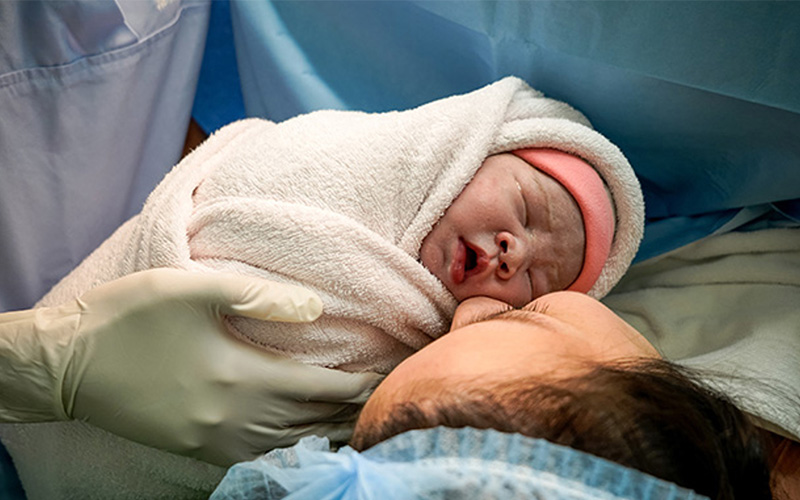
Burnet’s submission to the Commonwealth Government’s COVID-19 Response Inquiry provided an analysis of the pandemic's outcomes and impacts in Australia. It also identified key lessons to enhance planning and preparedness for future pandemics.
February
Burnet research played a pivotal role in informing the WHO guidelines on postpartum blood loss, by demonstrating how care bundles can improve health outcomes for women experiencing postpartum hemorrhage — the leading cause of maternal deaths, claiming 70,000 lives worldwide each year.
March
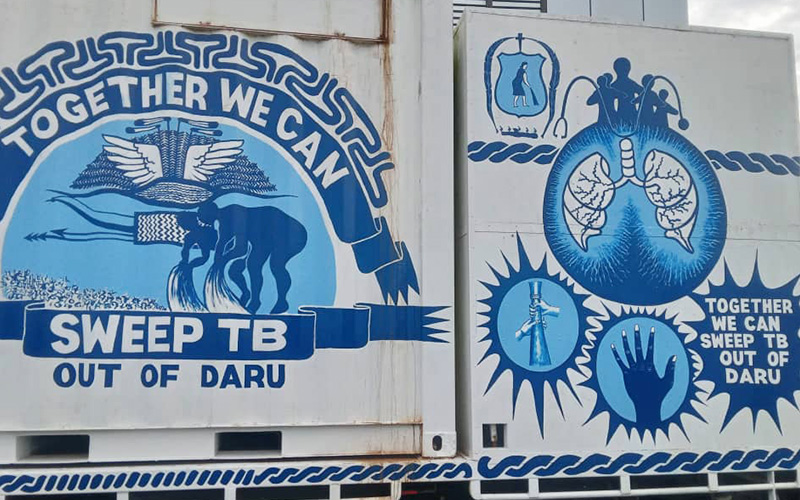
As part of a new initiative, our Institute partnered with five schools across Daru Island in Papua New Guinea's (PNG) Western Province to engage youth in the fight against Tuberculosis (TB). The program equipped young people with essential knowledge to take proactive measures in disease prevention from an early age.
Student designs were later featured on the Systematic Island-Wide Engagement and Elimination Project for TB (SWEEP-TB) screening truck.
April
We were awarded $6.35 million in funding over 2 years by the Fleming Fund to launch Phase Two of our efforts to combat antimicrobial resistance (AMR) in PNG. This phase focuses on strengthening approaches in both the human and animal health sectors, while fostering collaboration among experts to support PNG’s response to AMR.
May
We became a proud partner of an Australian Government initiative to support governments and communities across the Pacific and Southeast Asia to deliver new tools and build critical skills to eliminate malaria.
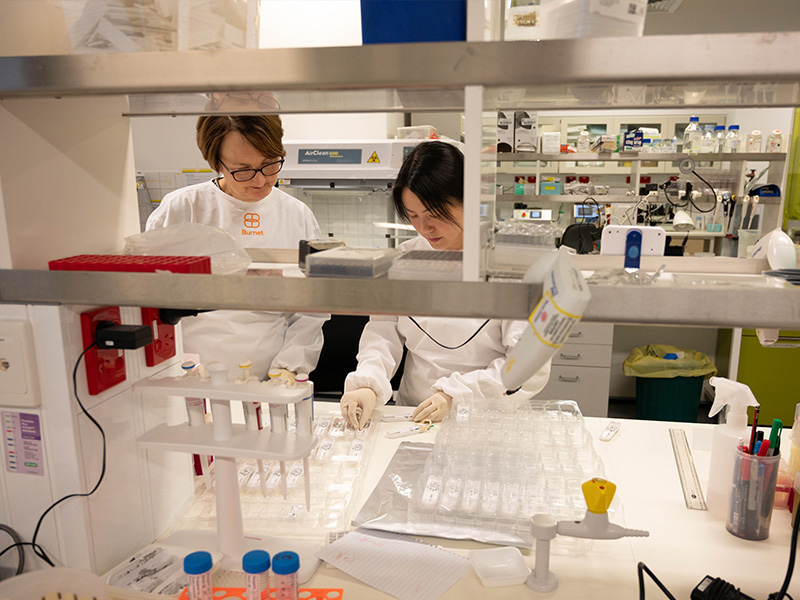
The Office of Research Translation announced the launch of Burnext – an accelerator program designed to fast-track research into real-world outcomes to improve human health.
Two exciting projects are being funded through Burnext, announced later in the year, the Burnet Diagnostic Initiative’s (BDI) Alanine Transaminase (ALT) point-of-care test and EXPAND-C: Expanding access to hepatitis C testing and treatment through community pharmacies.
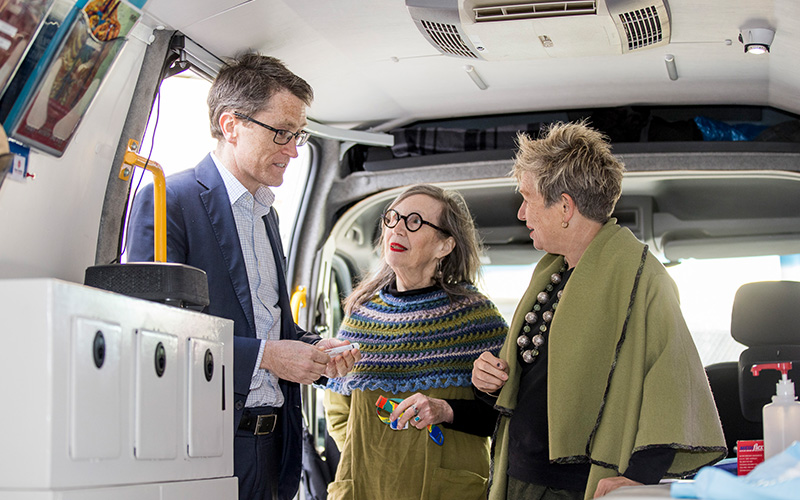
June
Burnet and EC Australia launched the Every Yarn Counts campaign to promote hepatitis C testing and treatment among Aboriginal and Torres Strait Islander peoples accessing Aboriginal health services. The campaign is designed to normalise conversations about hepatitis C, break down barriers, challenge stigma and misconceptions surrounding the disease, and encourage people to seek testing and treatment.
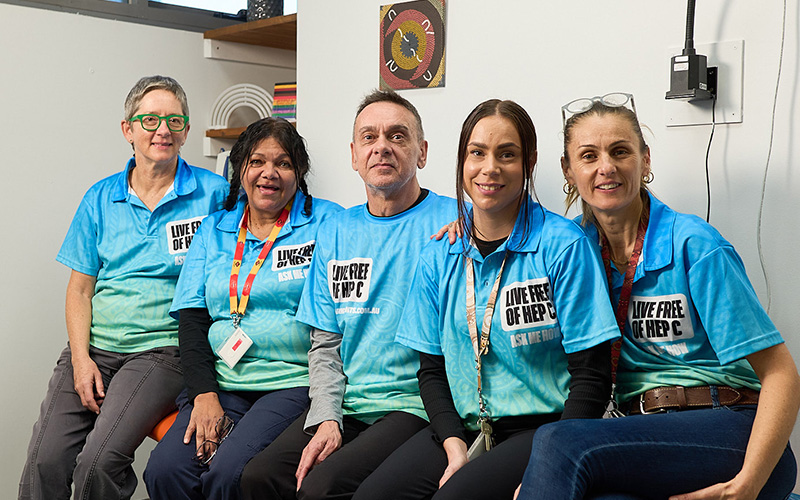
Click here to continue to our July-December highlights.
